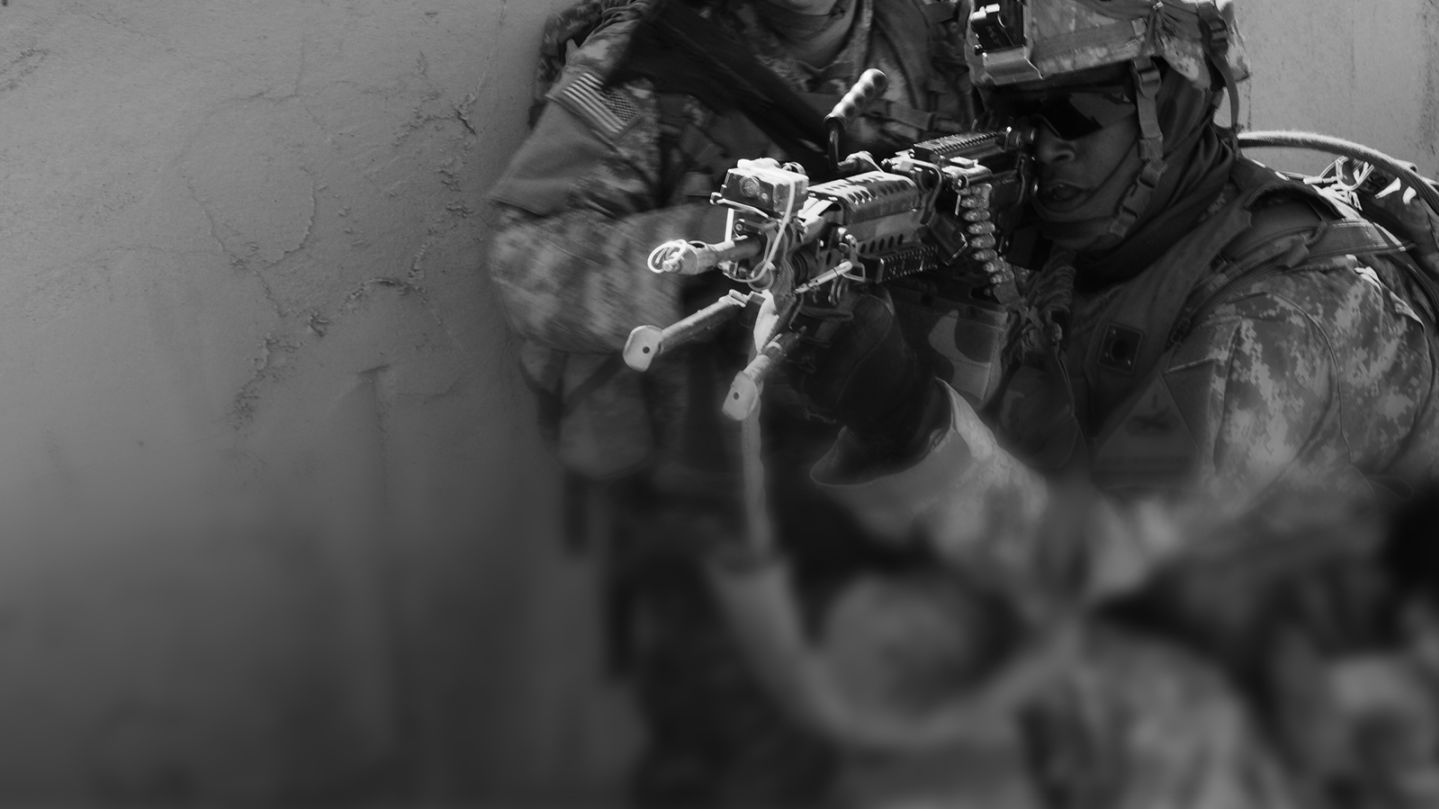Story highlights
The designation applies to what the U.S. now calls ISIS-K (ISIS-Khorasan), which is the ISIS branch in Afghanistan and Pakistan
According to U.S. officials, the change now means that U.S. forces can actively pursue ISIS elements and attack them as a threat to the United States
The Pentagon has now been granted new legal authority allowing the military go on the offensive against ISIS in Afghanistan.
When the State Department announced the designation of ISIS in Afghanistan and Pakistan as a Foreign Terrorist Organization last week, it led to a change in the rules of engagement for U.S. forces, according to defense officials. The development was first reported by The Wall Street Journal.
The designation applies to what the U.S. now calls ISIS-K (ISIS-Khorasan), which is the ISIS branch in Afghanistan and Pakistan. ISIS-K already is believed to be responsible for suicide and small-arms attacks and kidnappings, targeting civilians and Afghan government officials.
According to U.S. officials, the change now means that U.S. forces can actively pursue ISIS elements and attack them as a threat to the United States. Previous rules of engagement required ISIS elements to first pose a threat to U.S. forces in the area or to be pursued as part of a specific counterterrorism mission, officials said.
The consequence of the State Department designation is that there is a prohibition against knowingly providing, or attempting or conspiring to provide, material support or resources to this organization.
The U.S. says ISIS-K formed in January 2015, pledging allegiance to Abu Bakr al-Baghdadi, ISIS’s leader. It’s not clearly known how many operatives the group has. But the U.S. believes that the group includes mainly individuals who defected from Tehrik-e Taliban (TTP) and the Afghan Taliban.
ISIS-K’s leader is Hafez Saeed Khan, a former member of the TTP, according to the defense officials.
Rep. Mac Thornberry, R-Texas, the chairman of the House Armed Services Committee, criticized the White House for not changing the rules of engagement more quickly.
“It shouldn’t have taken a year for the White House to identify ISIS as a threat in Afghanistan and authorize our forces to engage them,” Thornberry said in a statement. “In fact, the committee understands that our military made two requests last year to combat this emerging ISIS threat, the first dating back to February 2015. Once again, the President’s inaction and denial of the ISIS threat has only resulted in its growth and put our troops and our Afghan partners at greater risk.”


















